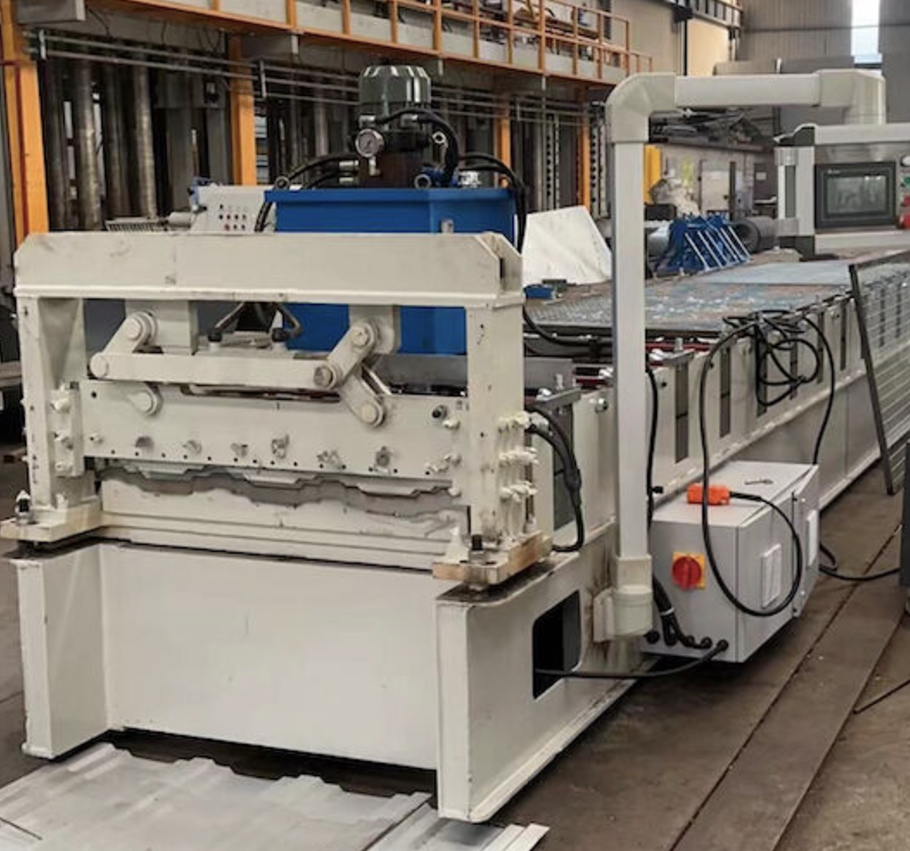To express an interest in this machine please submit the form below.

Not Sure What Machine You Need?
Select Your Profile, We'll Match It
Choose your desired profile drawing, and let Machine Matcher connect you with the best roll forming machine tailored to your needs.
Browse Profiles


Cladding roll forming machines are designed to produce high-quality cladding panels, widely used in the construction industry for exterior and interior walls, roofing, and other architectural applications. These machines transform flat metal sheets into precisely shaped profiles with exceptional accuracy and consistency.
Cladding panels produced by these machines provide durability, aesthetic appeal, and functionality, making them a popular choice for residential, commercial, and industrial projects in Virginia. With the increasing demand for sustainable and energy-efficient building materials, cladding panels remain a vital component in modern construction.
1. What materials can a cladding roll forming machine process?
The machine can process galvanized steel, pre-painted steel, aluminum, and stainless steel with thicknesses ranging from 0.4 mm to 1.2 mm.
2. How fast can the machine operate?
The machine operates at a speed of 10–30 meters per minute, depending on the complexity of the profile and material used.
3. Can the machine be customized for specific cladding profiles?
Yes, the machine can be customized to produce specific profiles based on architectural and design requirements.
4. What are the maintenance requirements?
Regular maintenance includes:
5. Are there financing options for buyers in Virginia?
Many suppliers offer financing or leasing options to help customers invest in high-quality equipment.
6. How can I ensure compliance with local building standards in Virginia?
Profiles produced by the machine can be tailored to meet ASTM standards and Virginia’s specific building codes. Always verify the material and profile specifications during the design phase.
7. What is the lead time for delivery and installation in Virginia?
The lead time typically ranges from 4 to 8 weeks, depending on customization requirements. Installation and training are usually completed within 2–3 days.
Copyright 2026 © Machine Matcher.